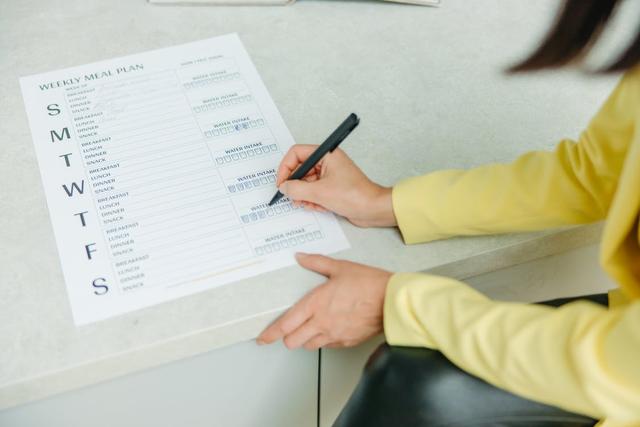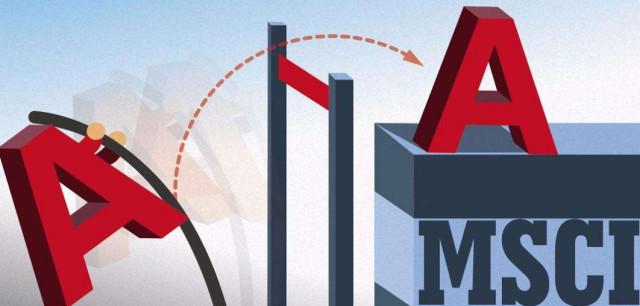
Days of the week
一周七日
There are seven days of the week.
一周有七天。
Sunday is a day of rest for some people, but many people still have to work.
星期天对一些人来说是休息日,但许多人仍然要工作。
Quite a few people go to church on a Sunday.
相当多的人在星期天去教堂。
On Monday morning, we go back to school after the weekend.
星期一早上,我们在过完周末后回到学校。
Many people say that they don’t like Monday because it is the beginning of the work week.
许多人说他们不喜欢星期一,因为它是工作周的开始。
Tuesday is a school day and a working day.
星期二是上学日和工作日。
I don’t think that there is anything special about a Tuesday.
我认为星期二没有什么特别的。
Wednesday is the middle of the work week.
星期三处在工作周的中间。
On Thursday, many of the stores and malls stay open later.
周四,许多商店和购物中心都会推迟营业。
It gives you a chance to run some errands on a Thursday night.
它给你一个在周四晚上跑腿的机会。
On Friday, you feel like the work week is nearly over.
周五,你会觉得工作周快结束了。
Some people say, “thank goodness it is Friday.”
有人说:“谢天谢地,今天是星期五。”
They look forward to the weekend.
他们期待着周末的到来。
On Saturday, many people can sleep in late.
星期六,许多人可以睡得很晚。
People get errands done on Saturday.
人们在星期六完成一些差事。
You see a lot of people in the grocery store on a Saturday.
星期六你会在杂货店看到很多人。
Most children look forward to Saturday so that they can play with their friends.
大多数孩子都盼望着星期六,以便能和朋友一起玩。
Then, Sunday comes again.
然后,星期天又来了。
The weeks turn into months, and the months turn into years.
周而复始,月复一月,年复一年。
Time goes by quite quickly.
时间过得很快。
单词解析:
errand [ˈerənd] n.差事;差使
,




